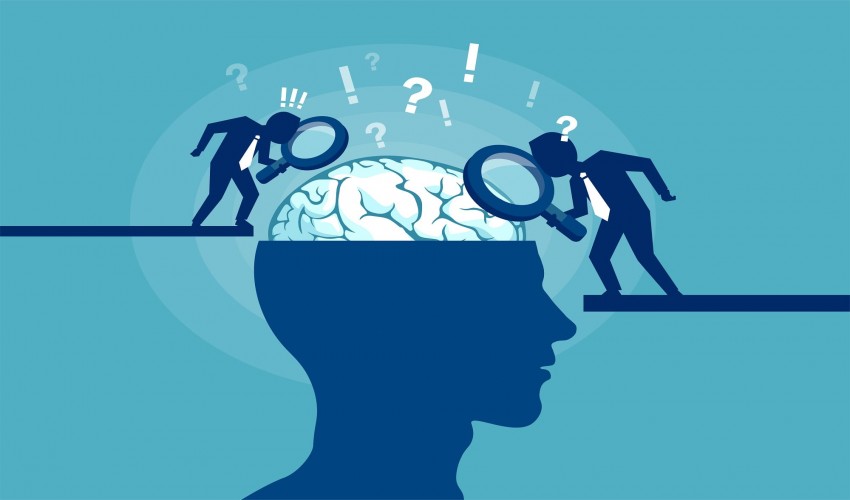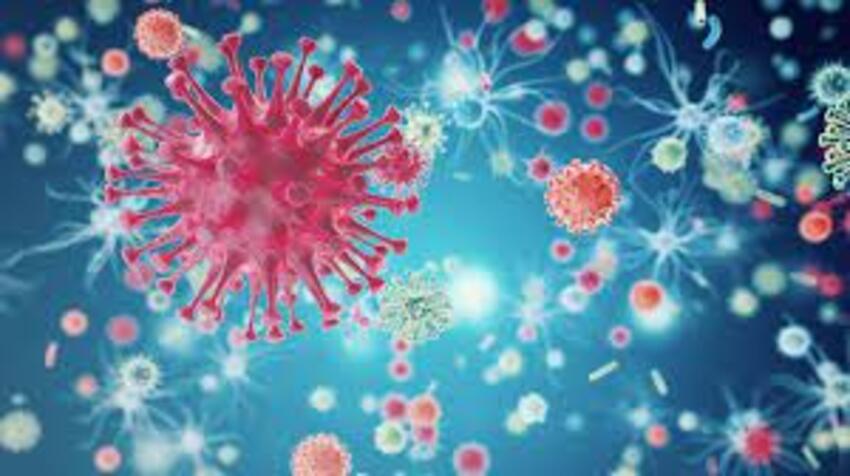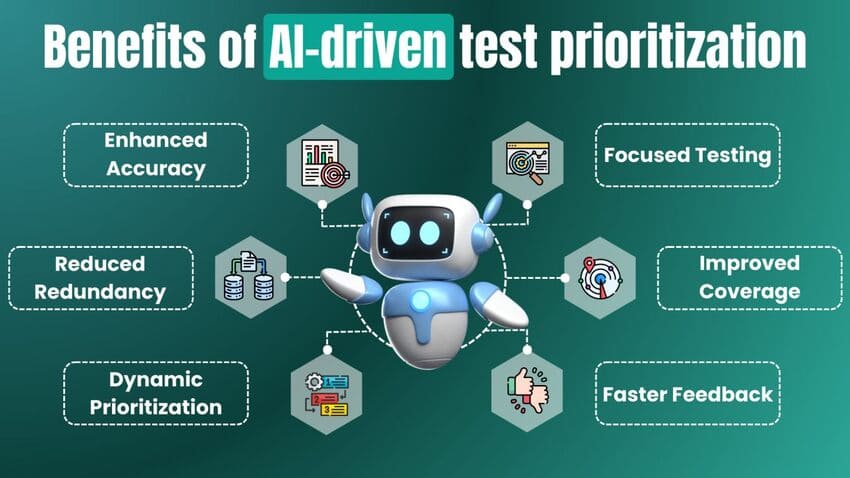
Psychiatry
Psychiatry is the medical specialty devoted to the diagnosis, prevention, and treatment of mental disorders. These include various maladaptations related to mood, behaviour, cognition, and perceptions. See glossary of psychiatry.
The combined treatment of psychiatric medication and
psychotherapy has become the most common mode of psychiatric treatment in
current practice, but contemporary
practice also includes a wide variety of other modalities, e.g., assertive
community treatment, community reinforcement, and supported employment.
Treatment may be delivered on an inpatient or outpatient basis, depending on
the severity of functional impairment or on other aspects of the disorder in
question. An inpatient may be treated in a psychiatric hospital. Research and
treatment within psychiatry as a whole are conducted on an interdisciplinary
basis with other professionals, such as epidemiologists, nurses, or
psychologists.
Psychiatry refers to a field of medicine focused specifically on the mind, aiming to study, prevent, and treat mental disorders in humans. It has been described as an intermediary between the world from a social context and the world from the perspective of those who are mentally ill.
People who specialize in psychiatry often differ from most other mental health professionals and physicians in that they must be familiar with both the social and biological sciences. The discipline studies the operations of different organs and body systems as classified by the patient's subjective experiences and the objective physiology of the patient. Psychiatry treats mental disorders, which are conventionally divided into three very general categories: mental illnesses, severe learning disabilities, and personality disorders. While the focus of psychiatry has changed little over time, the diagnostic and treatment processes have evolved dramatically and continue to do so. Since the late 20th century, the field of psychiatry has continued to become more biological and less conceptually isolated from other medical fields.
- Anxiety disorders: Nosological status and natural history
- Reactions to severe stress
- The current concept of dissociative disorders
- Somatization disorders: Diagnosis and clinical features
- Nosological status and clinical features of Neurasthenia
- Non-organic sleep disorders
- Recent advances in eating disorders
- Management of premature ejaculation
- Psychiatric aspects of homosexuality
- Biological basis of anxiety
- Habit and impulse disorders
- Models of psychotherapy: an overview
- Scientific evaluation of the efficacy of psychotherapy: methodological problems
- Brief dynamic psychotherapies
- Behavioural therapies
- Cognitive therapies
- Supportive psychotherapies
- Psychological management of sexual dysfunctions
- Comparative pharmacology of antipsychotic drugs
- Short-term side effects of antipsychotic drugs and their management
- Tandive dyskinesia: pathophysiology and management
- Recent advances in antidepressant drug therapy
- Management of a suicidal patient
- Role of Lithium in Psychiatric disorders
- Adjuncts and alternatives to Lithium in the management of mood disorders
- Drug treatment of generalized anxiety and panic disorders
- Recent advances in drug treatment of obsessive-compulsive disorders
- Electro-convulsive Therapy: current trends
- Human Rights of psychiatric patients
- Ethics in Psychiatry
- Indian Mental Health Act
- Epidemiology of Psychiatric Illness in Old Age with Special Reference to India.
- Current Issues in Management of Elderly Psychiatric Patients.
- Integration of Mental Health into Primary Care - Its Role and Future in India.
- Classification of Child and Adolescent Psychiatric Disorders.
- Learning Disorders of Childhood
- Child Abuse and Neglect
- School Refusal
- Pervasive Development Disorders of Childhood
- Preventive Aspects of Child and Adolescent Psychiatric Disorders
- Neuro-Psychological Assessment of Children
- Dementia: Differential Diagnosis and Management
- Delirium: Differential Diagnosis and Management
- Psychiatric Syndromes with Epilepsy
- Neuro-psychiatric Sequel of HIV Infection
- Consultation-Liaison Psychiatry
- Psychological Aspects of Cardiovascular Disorders
- Psychological Aspects of Gastrointestinal Disorders
- The Terminally Ill Patient and Family
- Psychological Aspects of Breast Cancer
- Obesity
- Concept and Assessment of Disability
- Concept and Measurement of Quality of Life
- Neuro-psychologic Assessment and its Relevance to Psychiatric Diagnosis and Management
- Stress and Psychological Disorders
- Psychological Aspects of Organ Transplantation
Recent Published
Submit Manuscript
To give your manuscript the best chance of publication, follow these policies and formatting guidelines.


